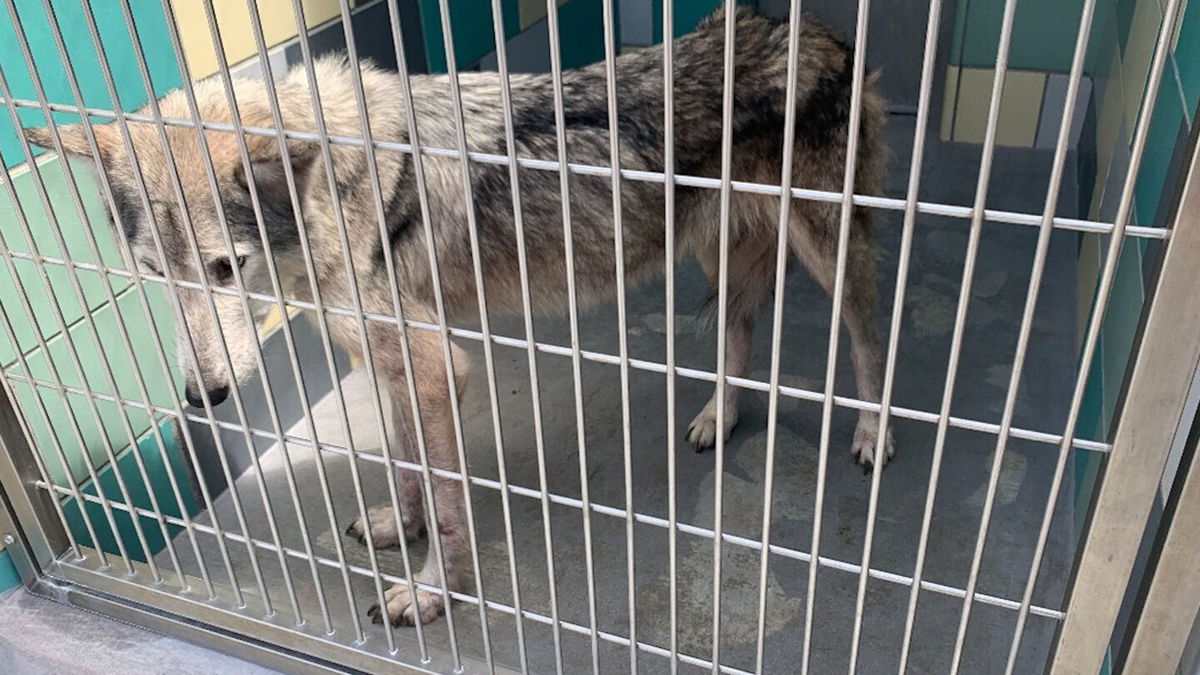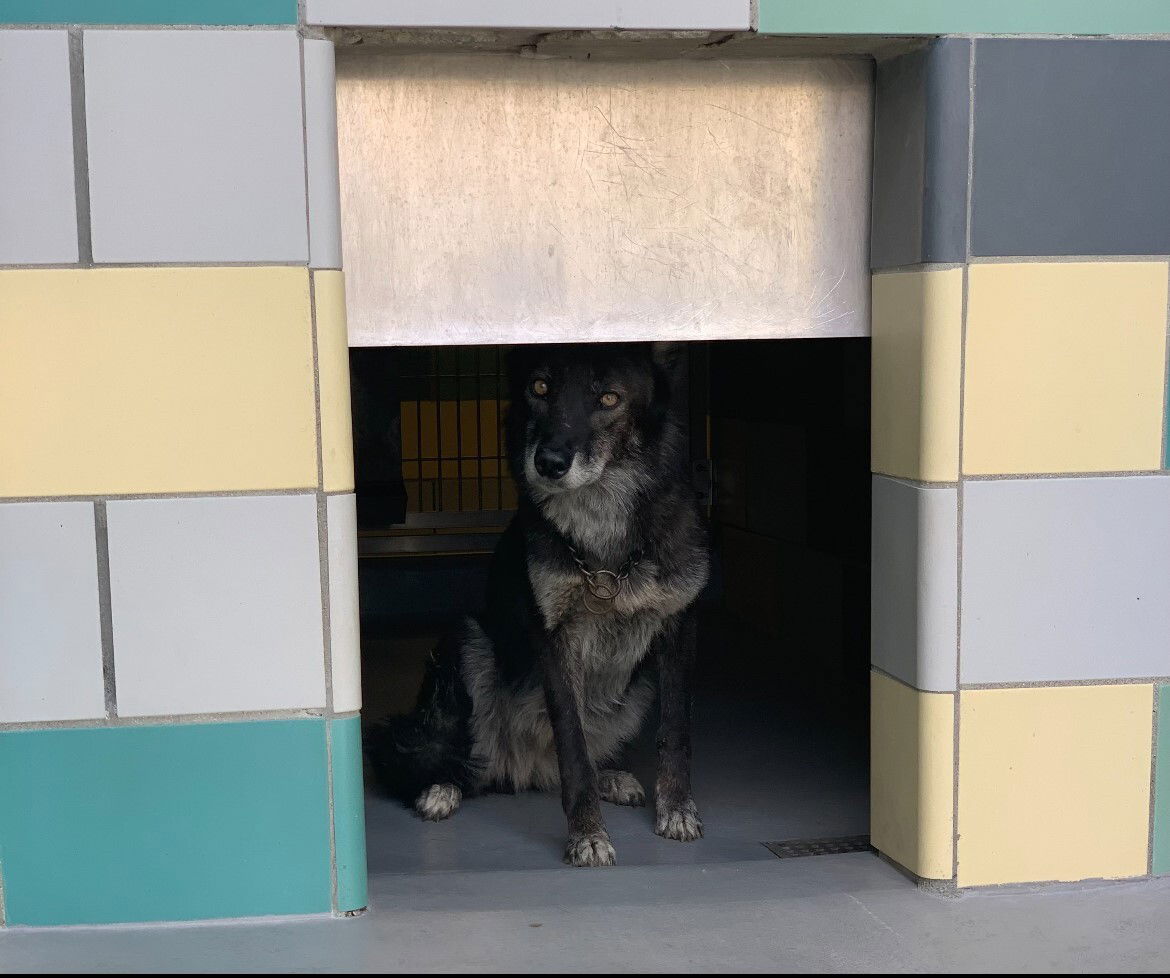Wolf hybrids rescued from Aguanga property headed to exotic pet compound

Ten wolf hybrid canines seized during an animal cruelty investigation in Aguanga this summer were bound for an exotic pet shelter in Arizona today for permanent placement, sparing them from euthanasia.
The six female and four male dogs were impounded in early August and housed at the San Jacinto Valley Animal Campus following a Riverside County Department of Animal Services investigation into alleged inhumane treatment.

The exact location of the seizure and the former owner's identity were not specified. The case is pending adjudication, according to agency spokesman John Welsh.
He said efforts to find a suitable relocation point for the canines had been challenging. The breed, which is generally crossed between a gray wolf and German shepherd, is not deemed suitable for adoption.
Wild California at the Magic Jungle Wildlife Preserve near Yucca Valley was considered an option for placement, but operator Kele Younger said, "We just didn't have the habitat."
"Approximately 90% of wolf hybrids are euthanized,'' Younger said. "It's hard enough to place one or two, let alone 10. The big problem is that they are too `wolfy' to be a pet and they're not `wolfy' enough to be in a commercial facility, such as a zoo."
Younger delved into her network of contacts and connected with Keepers of the Wild in Valentine, Arizona, whose managers agreed to take the dogs, setting the stage for their departure from San Jacinto Friday morning for transportation to the Grand Canyon State.
"Now these little hybrids, against all odds, have endured and survived and are heading to a new, forever home,'' she said.
Supervisor Manuel Perez, a member of the county's Ad Hoc Committee for Continuous Improvement of Animal Services, praised Younger as "an example of a champion of exotic pets of the world."
"We can't thank her enough for helping facilitate this rescue transfer,'' he said. "This is exactly the type of help we need right now.''
The department is undergoing a reformation to improve operations across the board and reduce what animal activists have alleged is the highest sheltered pet kill rate nationwide.



